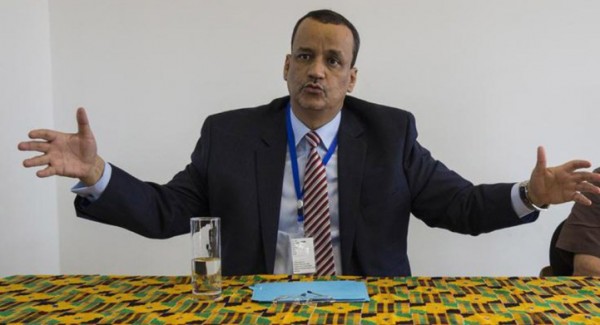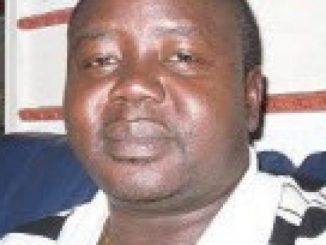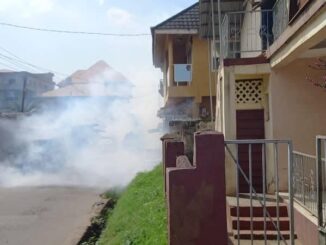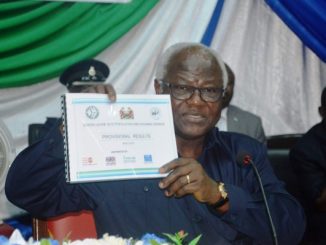
Ismail Ould Cheikh Ahmed
Yesterday , at a meeting of global stakeholders to review progress on the Ebola response, the Special Representative and Head of the United Nations Mission for Ebola Emergency Response (UNMEER) called on all leaders to maintain commitment until the goal of zero cases is reached.
At the United Nations – African Union Stakeholder Meeting on Ebola, being held as part of the 24th AU Summit in Addis Ababa, Ismail Ould Cheikh Ahmed addressed government representatives, principals from regional bodies, and bilateral and civil society partners, thanking them for their support thus far in the fight to stop the Ebola outbreak, and urging them to keep up their efforts.
“The situation is still perilous. There is still Ebola in more than 25 of the 66 districts, counties and prefectures in the region,” said Ould Cheikh Ahmed. “I ask you all to maintain support until the task is completed.”
To date, there have been 22,057 confirmed, probable and suspected cases of Ebola Virus Disease reported in the three most affected countries – Guinea, Liberia and Sierra Leone – with 8,795 deaths.
The outbreak is unprecedented in the world’s history, but so too has been the response, with over 70 nations, hundreds of organizations and tens of thousands of people directly involved in the fight to stop the spread of Ebola. Ould Cheikh Ahmed specifically highlighted the role of the African Union, which offered to mobilize 1,000 health workers from around the continent to support the affected countries.
“The response efforts show that Africa has valuable assets that it can apply to support responses to outbreaks,” he said. “The epidemic has turned, and we are now beginning to see an overall decline in the number of new cases…Stopping this outbreak still requires significant additional efforts. “
On 21 January, the United Nations launched a new appeal of $1 billion to help fund the Ebola response through to June 2015. Ould Cheikh Ahmed said this will go a long way to supporting cross-border strategies, and integrated response and recovery efforts.
“Let us minimize the time needed to end the outbreak and the suffering that it causes,” said Ould Cheikh Ahmed. “Let us revive the fabric of society. And let us learn and apply lessons so that it does not happen again.”
The purpose of the meeting was to convene a range of stakeholders working on the global and continental Ebola response, to review progress and make proposals to guide work going forward. Specifically, the meeting focused on proposals for the socio-economic recovery of the affected countries. A set of proposals will be presented to the Heads of State by the AUC Chairperson at the Summit tomorrow, and lead the way for the European Union High Level Conference on Ebola on 3 March.



